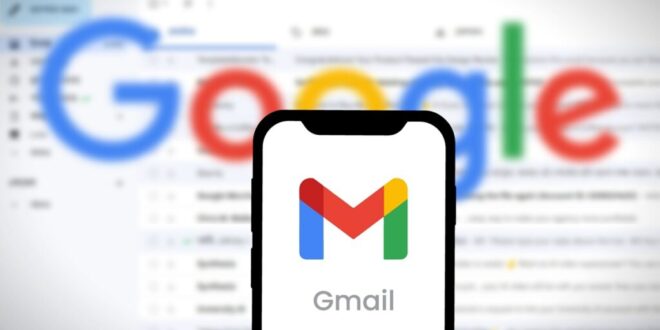A new pop-up on Gmail is prompting users to let Google’s AI access their emails—raising fresh questions about privacy and convenience.
Credit : One Artist, Shutterstock
If you’ve logged into Gmail lately and felt a flicker of paranoia—no, you’re not losing it. The pop-up did really ask you to allow Google to use your email for something. Let’s face it, who reads these messages before they are swiped away?
This one is different. Google isn’t just tidying up its terms—this time, it wants a peek at your digital life, supposedly to make things easier for you. But are we really buying it?
Gmail’s new message – a friend or foe?
Let’s break this down. This message is not a random update. Google wants your blessing to use your ‘content and activity’ from Gmail and other Workspace apps. Why? To “personalize your experience” – apparently. It sounds innocent, doesn’t it? What does this actually mean?
Google’s Gemini AI aims to be smarter through your emails, documents, and perhaps even your ramblings from last night’s meal. The idea is simple: boost your inbox by adding handy summaries and quick search results. You might even get AI-generated replies which sound just like you.
It’s all convenience on paper. No more searching for the booking reference you swear you’ve saved or trying to find an address. You’re also letting an algorithm search through your email, your gossip and all your old emails.
Privacy versus rewards: The classic showdown
This is where things get sticky. If you say yes, Gmail will be turbo-charged. Say no, and everything stays the same, maybe a bit less clever, but perhaps a lot more private. Privacy is a very rare bird in 2025.
Sure, Google insists your stuff’s safe—encrypted emails remain private, and your secrets aren’t being sold to the highest bidder (at least, not directly). Each new feature and every tip is a trade-off for your data.
You may want to wait before accepting if you are worried about the tech giants knowing too much. If you think, “They have seen it all,” then you will probably say “yes” to the offer and reap its benefits.
Privacy or convenience? What do you think will be your choice in the new Gmail era of Gmail?
Don’t click on the message next time it appears. Take a deep breath. Consider what makes you comfortable. It’s difficult to close your digital door once it’s opened.
Who knows? Maybe in a few years, our inboxes will be so smart they’ll write the emails for us—and we’ll be reminiscing about the days when the biggest worry was spam.
Google actually wants more information. You decide whether you want to let them in. At least you now know the stakes and can make a decision with all your senses.
 Costa News Spain Breaking News | English News in Spain.
Costa News Spain Breaking News | English News in Spain.






